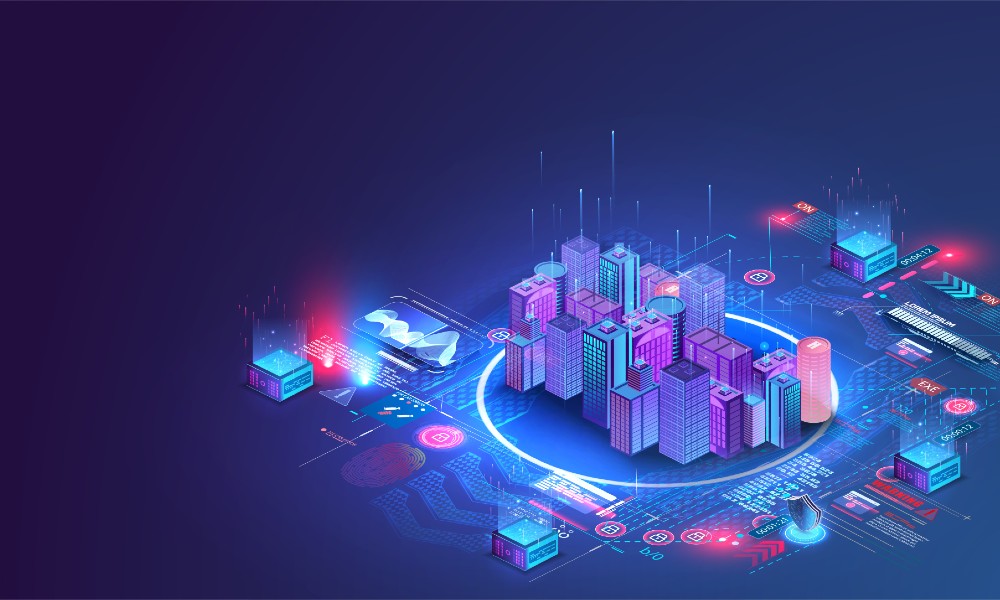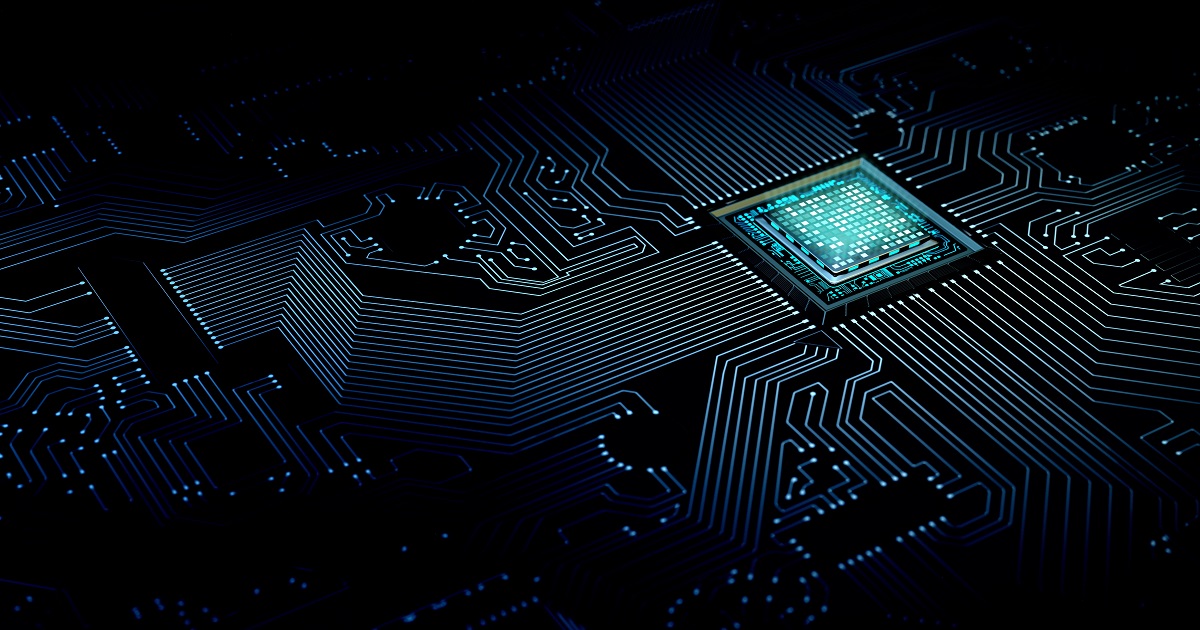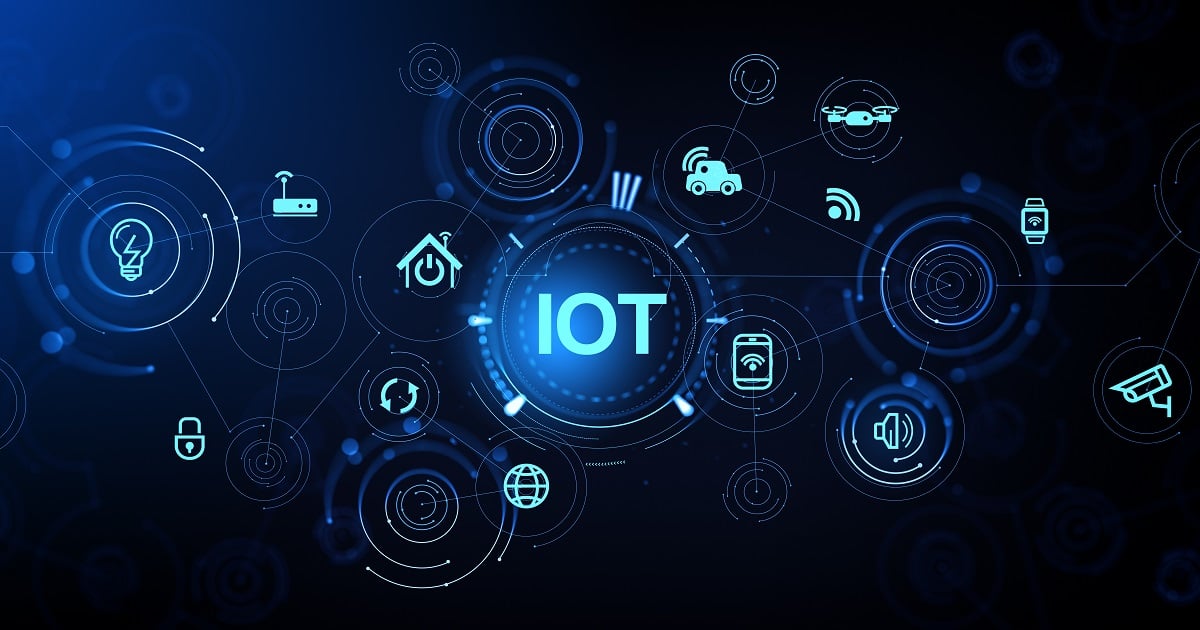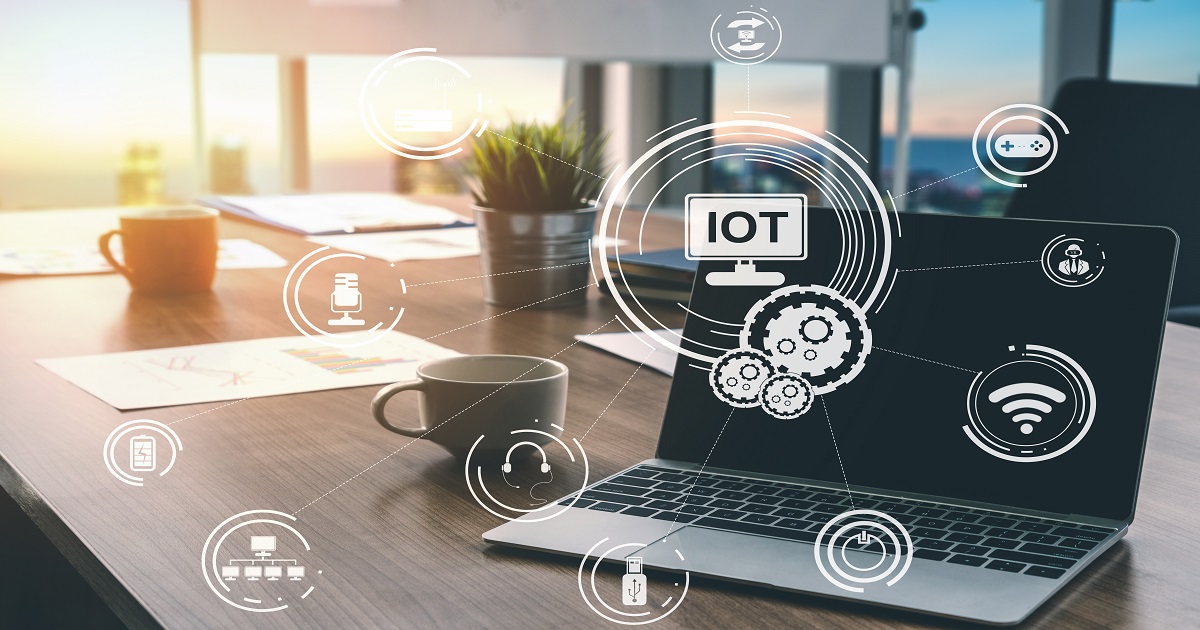
India is the global leader in IoT with over 40% market share. According to several analyst firms’ predictions, the 2020-2025 CAGR will average 55%. The LoRaWAN standard for the Internet of Things (IoT) is widely adopted in more than 27 countries given its technology, security, and economic advantages. Now two companies, one based in India and another in the U.S., who partnered four years ago, announced earlier this month that they have deployed LoRaWAN networks for smart city applications in over 70 communities throughout India.
Currently in India, more than 100 smart cities are planned, which opens the door for LoRaWAN technology. The Indian government has announced several plans to accelerate the development and funding of connected communities to ensure stable electricity supply, clean water, renewable energy, and reduced environmental pollution. India, like other countries around the world, has also faced a steep increase in cases of COVID-19, prompting government action to accelerate the use of technology to combat spread and help its people reduce the risk of contracting the virus.
SenRa is one of the leading companies in deploying IoT LoRaWAN networks in India, with a strong customer base, known for a cost-effective and reliable solution. The company claims to be the fastest-growing LoRaWAN network operator, and by adopting Senet’s Managed Network Services for IoT (MNSi™) Platform has been able to rapid deploy and deliver carrier-grade LoRaWAN network services across the country. To commercialize and scale IoT networks, service providers like SenRa have implemented Senet’s cloud-based turn-key Network Server, operations support systems (OSS) and business support systems (BSS) to plan, deploy, operate and sell carrier-grade LoRaWAN connectivity services.
“IoT application management provided by the network operator has to efficiently enable gateway deployment and visualization tools,” said Ali Hosseini, SenRa’s CEO. “Partnering with Senet has enabled us to become a leading IoT network operator in India. Hundreds of thousands of devices are connected or being connected to our network and it is all thanks to Senet’s reliable IoT connectivity platform, services and support.”
SenRa has expanded its IoT network services across India even as other similar companies have struggled to get traction and is now rolling out LoRaWAN networks in the Middle East, Asia, and Africa. With Senet’s MNSi Platform, SenRa has been able to reduce a typical network deployment timeline of 18-24 months to just 90 days.
Both companies are also collaborating closely to fulfill end-user requirements for certified devices and application adoption through collaborative device testing, partner ecosystem development, and co-marketing initiatives.
SenRa is one of the two public LoRaWAN network operators in India and smart city investments from the government have helped to capitalize the business and contribute to its growth. The company is collaborating with cities across the country to deploy its smart solutions in various areas including smart waste management, smart parking, smart tracking, smart temperature monitoring, and smart lighting management.
By implementing Senet’s MNSi platform to rapidly deploy and manage LoRaWAN networks and connected devices, SenRa has successfully supported a variety of IoT application deployments, including:
- Standing up and operating India’s largest smart water metering project in Pimpri-Chinchwad Smart City connecting 10,000 AMI water meters across the city.
- Installing and managing 8,800 Smart Gas Meters in residential high rises and communities.
- Deploying India’s first LoRaWAN enabled smart electricity meters at IIIT Hyderabad in support of a smart campus initiative.
- Collaborating with IIT Mumbai as the LoRaWAN operator in support of their Centre of Excellence lab where they will be developing low-cost LoRaWAN ultrasonic water meters on behalf of the Government of India.
- Implementing India’s first LoRaWAN® smart parking enforcement solution in Amritsar Smart City.
Since the beginning of the pandemic, SenRa and Senet have also been involved in fighting the spread of COVID-19, by offering a variety of network connectivity, contact tracing and building and environmental monitoring solutions.
The Low Power Wide Area Network (LPWAN) market size on track to be valued $80 billion by 2027, according to a new research report by Global Market Insights, Inc.
The technology supports M2M applications that need to transmit a small amount of data over a long-range through low-power consumption. The increasing demand for agile back-end infrastructure components to handle rapidly generated and transmitted data is contributing to the demand for LPWAN solutions and services in large part because they require less power and substantially less expensive compared to traditional cellular networks.
“The expansive penetration of IoT devices and rising need for technology to support M2M communication are enabling the demand for LoRaWAN platforms,” the firm wrote. “The platforms work as dedicated technology to facilitate secure high-speed data transmission in IoT networks. The increasing emphasis on LPWAN deployments and IoT integrations by market enterprises is further fueling the demand for LoRaWAN platform solutions.”
Vertical industry applications are broad and deep, with solutions across Healthcare, Agriculture, Logistics And Transportation, Manufacturing, Utilities, Consumer Electronics, and Government And Public Sector.
“The smart building application segment accounted for around 10% of the LPWAN market revenue share in 2020 propelled by the need to provide connectivity in large & dense environments and to support with efficient energy. LPWAN technologies help in the remote monitoring of smart building operations in commercial & residential buildings. Moreover, the rising demand to ensure smart building IoT connectivity is expected to drive the demand for diverse solutions & services,” Global Market Insights also wrote.
You can learn more about SenRa and Senet’s collaboration in this case study.
Juhi Fadia is an engineer, analyst, researcher and writer covering advanced and emerging technologies.Edited by
Luke Bellos





